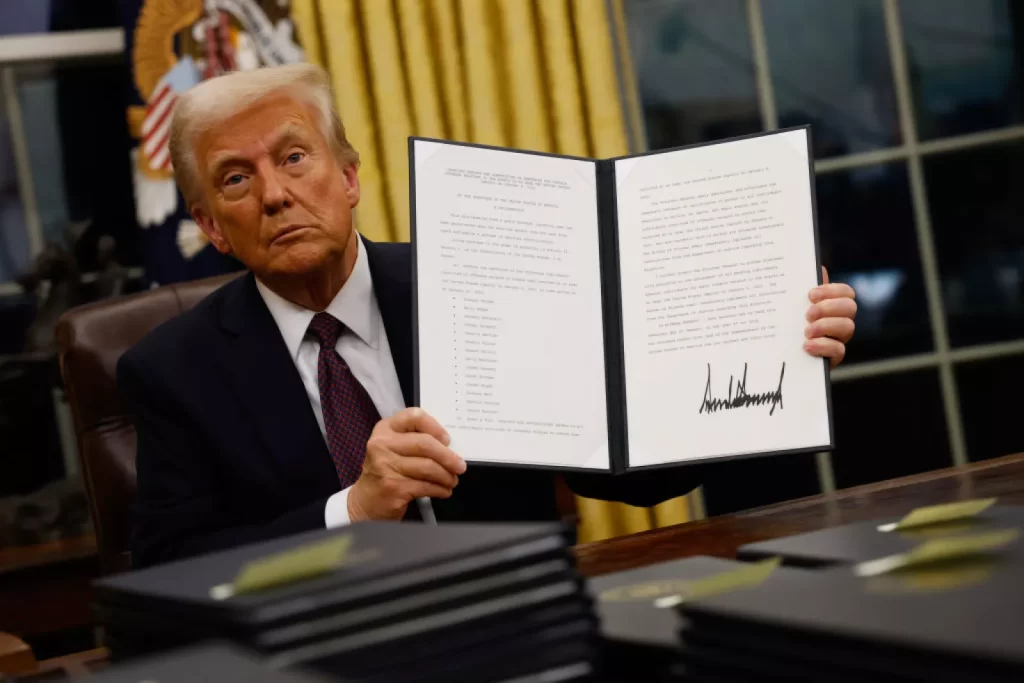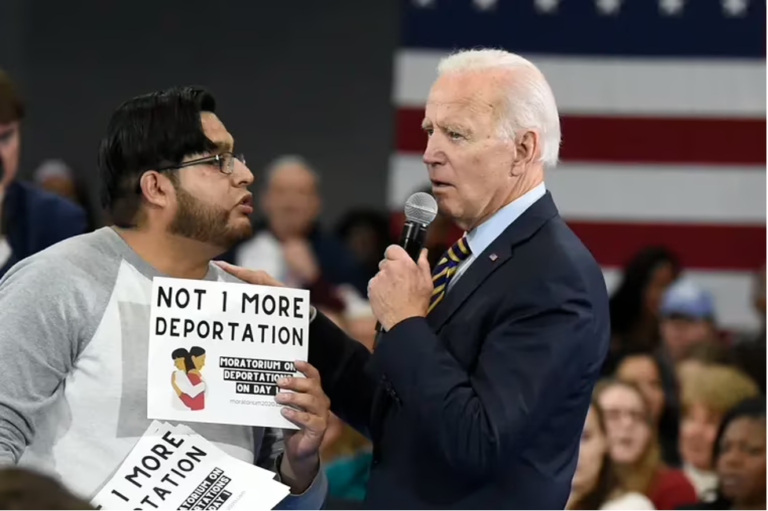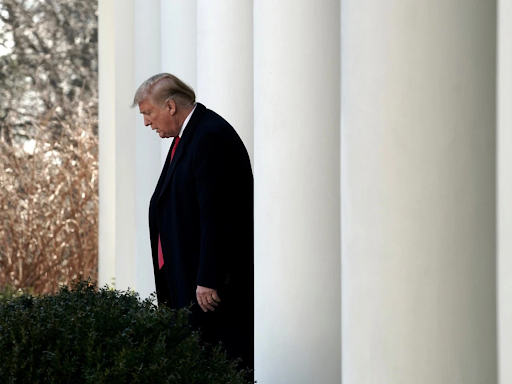
U.S. News reported that within the past 20 years, college tuition on average has increased nearly 40 percent. There is no doubt that as college tuition is becoming increasingly expensive, it is becoming even more inaccessible to students. This ultimately forces many to take out loans and go into debt at the age of just 18. In fact, in 2024, student loan debt totaled $1.777 trillion in the U.S.—a record high.
Student loan debt has always played a large role in the lives of many Americans, which is why in 2007, then-president George W. Bush signed into law the College Cost Reduction and Access Act. The act’s main purpose was to make college more accessible to low- and middle-income students. This was achieved through steps such as introducing more Pell Grants, reducing interest rates, and allocating money to minority-serving institutions. One notable move was the introduction of the Public Service Loan Forgiveness, or P.S.L.F.
The P.S.L.F. was a bill introduced as a bipartisan effort to address the increasing cost of college and make college more affordable. This bill was included in the C.C.R.A.A. to encourage college graduates to pursue careers in public service.
Here’s how it works: (1) The employee must be employed full-time at a qualifying employer, which can either be a government organization or a non-profit, and (2) the employee must make 120 monthly qualifying payments on an income-driven repayment plan, which requires 10 years of work in public service. If both requirements are met, the employee’s Direct Loan balance will be forgiven.
In 2017, Federal Student Aid, an office of the Department of Education, began reviewing applications for the P.S.L.F. In its early stages, the P.S.L.F, was riddled with controversy in light of the fact that many applicants were denied for not meeting eligibility requirements. But the department itself did not standardize requirements; therefore, it was an unclear guessing game as to who would receive benefits.
After entering office in 2020, Biden took strides to fix the P.S.L.F. During his time in office, Biden forgave $60 billion in student loans, covering nearly 900,000 borrowers, a stark contrast to where the bill started. Biden accomplished this in a variety of ways, one of which was enacting the I.D.R. Account Adjustment program, giving borrowers credit toward loan forgiveness that did not previously count. Just before Biden’s departure, in January 2025, the Department of Education ensured that those seeking P.S.L.F. will still be granted the relief of the I.D.R. Account Adjustment program.
Despite the promising efforts of the Biden administration in forgiving public employees’ student debt, on March 7, 2025, the Trump administration revealed their own adjustments to the program through an executive order. Not only did Trump temporarily block I.D.R. applications, the administration has also revealed new troubling requirements for eligibility into P.S.L.F. The administration argues that their adjustment is a result of the fact that the previous administration “abused” the P.S.L.F., “misdirected tax dollars into activist organizations,” and created perverse incentives.
Trump’s executive order excludes “organizations that engage in activities that have a substantial illegal purpose.” These include those that support children receiving gender-affirming care, organizations that provide immigration and refugee assistance, and groups promoting diversity and inclusion.
These new requirements for eligible organizations that Trump has created for the P.S.L.F. are incredibly dangerous. Firstly, these modifications will greatly impact the public service workers who have worked and waited 10 years for their loans to be forgiven, only for them to no longer be eligible. On a greater scale, creating using vague language as to which organizations will no longer count to the P.S.L.F. allows for the administration to easily change the laws as they happen. The administration is opening doors for politically motivated restrictions, allowing them to deny organizations on the basis of the fact that they don’t agree with what they work for.
Rules should not be allowed to change as the game is being played. Most individuals take a major financial risk when deciding to pursue higher education. If students opt to go into the public sector with the understanding that their loans will be forgiven after a certain amount of time, they deserve the comfort of knowing that this will manifest into reality. Yet, Trump’s vague language does not provide this comfort. Instead, it leaves workers in the public sector confused and uneasy about if they will receive the benefits they deserve. This will ultimately deter more people from working in the public sector — one of the P.S.L.F.’s goals.
Not only that, but Republicans, more specifically those that support Trump’s policies, will be the only ones that feel comfortable enough working in the public sector. They understand Trump’s new and vague alterations to the P.S.L.F. will not target the work that they do. For example, those that do not support gender-affirming care will be more likely to work in the public sector than those who do support gender-affirming care, as those who support it understand that Trump’s executive order will prevent them from receiving the benefits of the P.S.L.F. This will change the dynamics of the public sector, leaving only loyalists and deterring those willing to fight for transgender and immigrant rights (or whichever minority group’s protections Trump decides to target next).
The P.S.L.F. was created to provide relief and incentive for those dedicating their lives to public service. Yet, the Trump administration’s recent changes threaten to undo any progress by inserting partisan ideology into a bipartisan program. By targeting organizations based on vague and subjective criteria, the administration is not only punishing workers but also reshaping the public sector into a space where only certain beliefs are deemed acceptable.
This ultimately undermines the foundation of public service, discouraging many qualified individuals from entering these roles and weakening the institutions that serve all Americans. A program designed to reduce inequality must not be weaponized to enforce political conformity. If we allow that to happen, we risk creating a public sector that no longer reflects the diversity and values of the people it is meant to serve.
The Zeitgeist aims to publish ideas worth discussing. The views presented are solely those of the writer and do not necessarily reflect the views of the editorial board.



